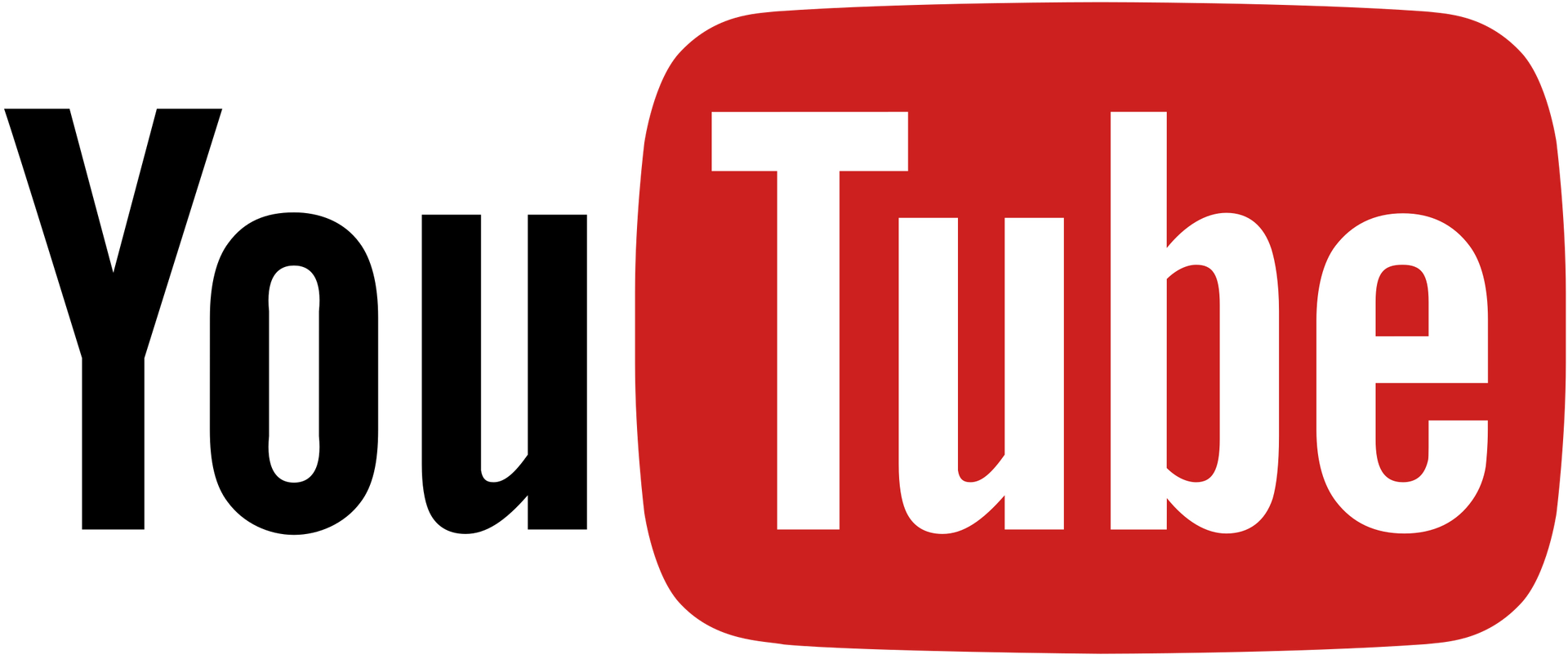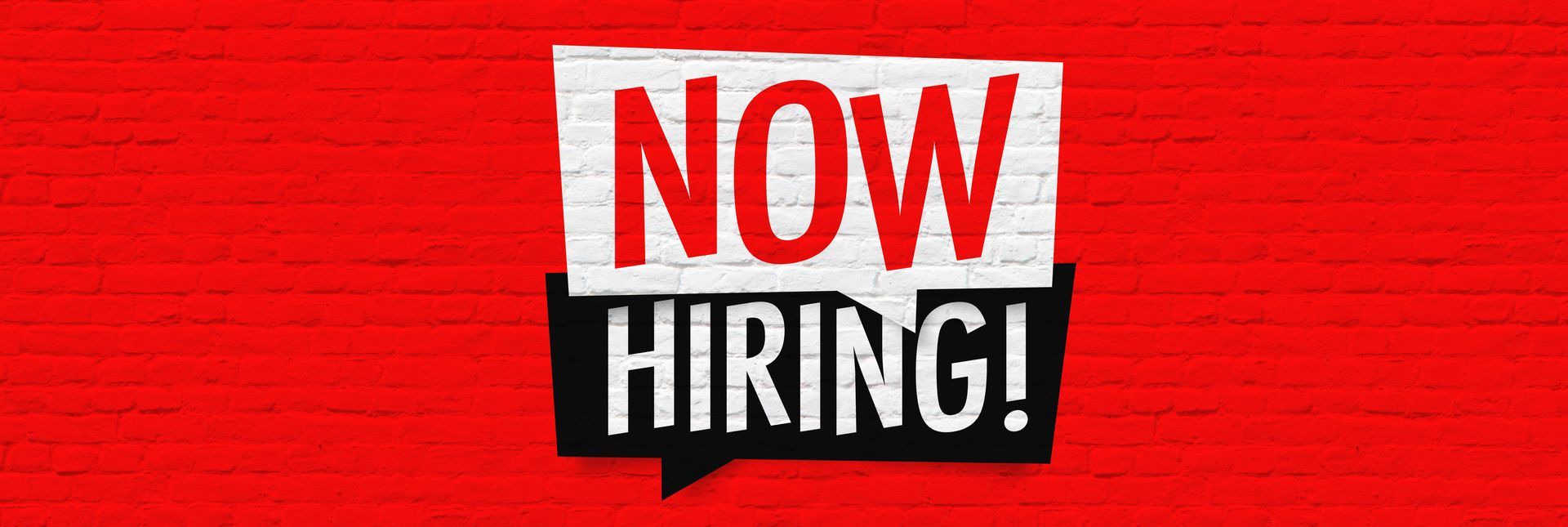P U B L I C A T I O N S
How to Survive and Thrive in a Down Economy
6 Essential Strategies to Overcome Economic Uncertainty
Published in Forbes | April 22, 2020 | Author: Thomas Minieri -- When economies fall apart—and this happens more than you might think—many business owners find themselves in a position of desperation. As business owners, many of us are all in, meaning our livelihoods and the ability to provide for our families rests upon the success of our businesses. When circumstances around us change that are outside of our control, stress, fear and anxiety can build quickly.
During the last major economic crash in 2008, I was a new business owner with a company that was only about two years old. To make matters worse, I sold luxury services, which, at the time, were at the bottom of people’s lists of things to buy. I was faced with the decision to call it quits or fight for my company and make it work despite the economic situation we faced.
I made the decision to fight for my company and innovate to accommodate the new economic environment. The strategies I learned at that time proved most valuable because my company not only survived the downturn, but grew tremendously. This catapulted my career as an entrepreneur for many years thereafter.
FOCUS ON THE POSITIVES
Value is often found in going against the flow. That means having a positive outlook even when things seem bleak. It’s not that you should ignore reality; rather, approach circumstances with a positive attitude. For example, if unemployment is at 20%, focus on the 80% of people who have jobs and money to spend. Find or adjust products and services to target those people.
ADJUST YOUR RATES
If you need money, raise your rates. During the 2008 downturn, I adjusted our services from an $89 one-hour session to a $75 forty-minute session, which raised our per-minute rate. However, the cost of a session from a customer’s viewpoint dropped.
This clever adjustment gave the perception to customers that we had lowered rates, but in reality, our rates had increased. The lower perceived cost of services undercut our competitors and allowed our luxury services to be available to a larger audience. Additionally, the shorter session time allowed us to handle more sessions per day, which further increased revenue and improved efficiency. Our customers didn’t mind paying less for a session with the trade-off being that it was 15 minutes shorter, and our die-hard customers just bought more sessions.
Whatever your industry, be creative and find ways to adjust rates (not lower rates). Consider offering additional value without giving things away for free or at a discount.
REMEMBER, BRANDING EQUALS CREDIBILITY
There is a fair amount of evidence indicating that branding is one of the top reasons people choose a company. Many people choose a familiar brand, even if that brand has shortcomings, over a less familiar brand that may offer better quality. It’s human nature to go with a sure bet.
Given this concept, I believe it is crucial for businesses to spend a good amount of energy on branding. A solid brand gives your company an impactful first impression with new prospects. In a slow economy, people are more cautious with their spending and their choices, so make sure your brand comes across as highly credible.
Improve and update your logo and branding elements, as well as the fonts, themes and color palettes that represent your company. Build attractive sales presentations and establish clear marketing messages that convey your offerings in three seconds or less. It’s about credibility.
DOUBLE YOUR MARKETING BUDGET
In a down economy, most business owners look for ways to cut expenses. Cutting some expenses may be helpful; cutting others may be fatal. In my experience, cutting marketing is almost always fatal.
In the economic downturn of 2008, I doubled my marketing budget while most of my competitors cut their marketing budgets or eliminated them entirely. It was very tight financially for us to do this, but it paid off because the marketing landscape was much less busy. Fewer competitors gave me a higher ROI on my advertising dollars.
Consider finding new methods of advertising as well. Economic changes often bring changes in societal behavior. Things that once worked may not work as well anymore; things that haven’t worked may be good ideas now.
DO MORE TO SURVIVE
In 2008, a colleague of mine gave me some great business advice. His company operated large-scale entertainment events, and he experienced a sudden drop in attendance. To survive the downturn, he had to add 20% more events to his calendar just to make the same amount of money he was making in a strong economy.
While he had to work harder to make the same amount of money, it was only for a season, and his business survived the downturn as a result. Once the economy got back on track, his business boomed due to his expansion. Sometimes expansion is for growth; sometimes expansion is for survival. Either way, you’re growing and not shrinking.
GET LOANS FOR EXPANSION
In a down economy, the government often lowers interest rates on loans to encourage business expansion. The government also earmarks money specifically to aid small businesses. Take advantage of this as an amazing opportunity to get cheaper money to grow your business. In a strong economy, interest rates are often so high that it is extremely expensive for businesses to finance anything.
In the last down economy, I was able to get an SBA loan to purchase real estate for expansion. This opportunity allowed us to purchase discounted real estate in a down market with a low interest rate. By the time the economy recovered, we owned several commercial properties and no longer needed to pay landlords rent. Plus, our mortgage payments were far lower than rent and did not go up annually as is the case with most leases.
Whatever storm you are facing will pass. Hopefully, these tips will help you discover your own creative solutions that will allow you to survive and thrive.
Every hero needs a mentor.
"Leverage our business and marketing expertise to reach your goals faster, avoid costly pitfalls, and profit beyond your wildest dreams!"
—Thomas Minieri, Founder & Author








